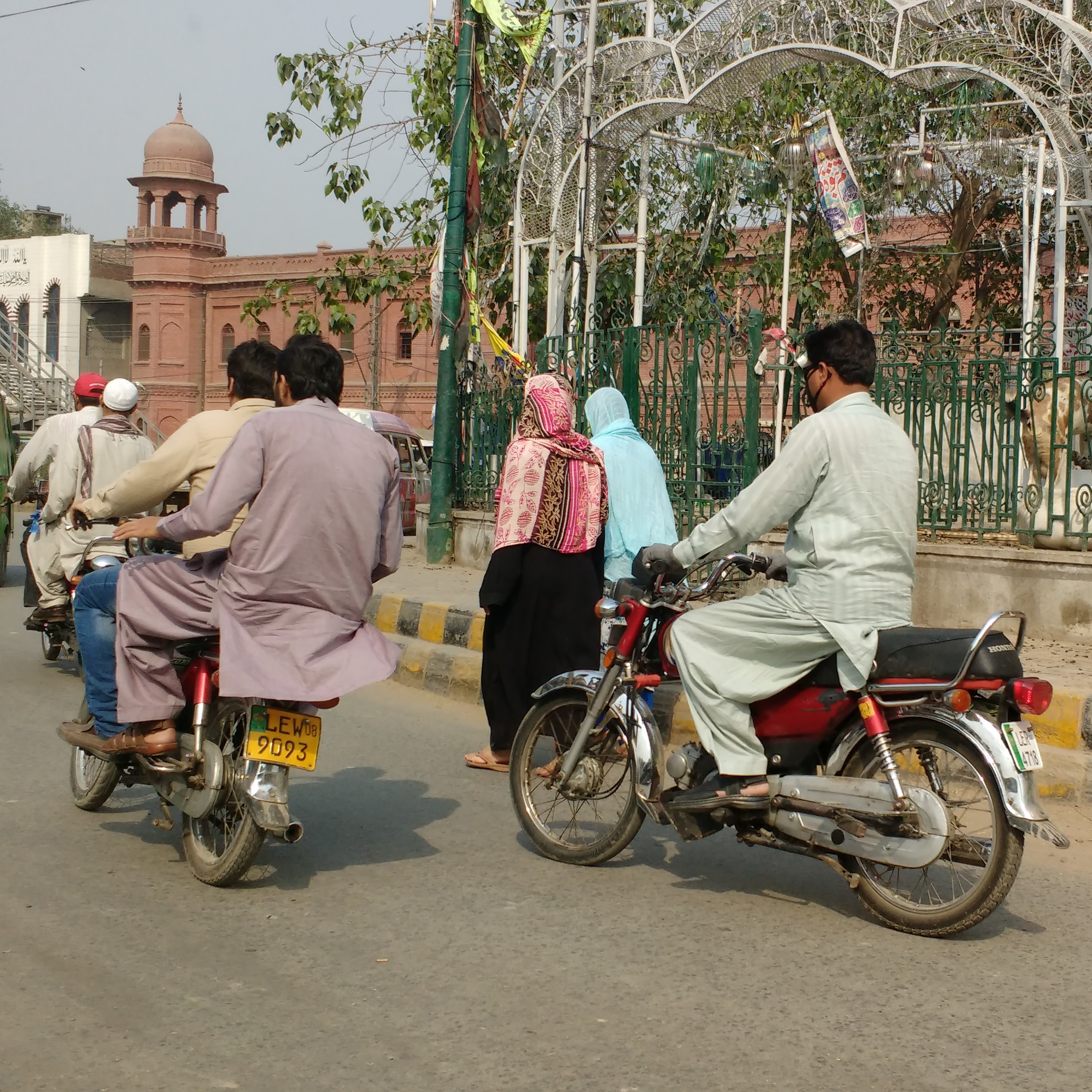Applying a Systemic Approach to Gender Transport Poverty
Pakistan in Context
DOI:
https://doi.org/10.7577/formakademisk.3377Abstract
Transport poverty and the associated levels of deprivation experienced by women is a ‘wicked problem'. A systemic approach is needed to address entrenched societal and cultural norms that deprive women of equality and agency. The conceptual shift from ‘transport’ to ‘mobility’, emphasising access to life opportunities, provides an opportunity for more systems approaches to be tried. The ‘WEMOBILE project’ addressed gender transport poverty in Low-Middle-Income Countries using ethnographic and empathic design approaches to understand and re(present) the effects of gender transport poverty. This article focusses on insights provided by employing a systemic design to data gathered in Pakistan. In representting data as system maps, gaps that hinder the effectiveness of existing solutions are emphasised as well as the usefulness of this approach in highlighting opportunities for policy and operational changes.
Keywords:
Empathy, gender-sensitive transport, systems-thinking, Low-Middle-Income Countries, Pakistan.

Downloads
Published
How to Cite
Issue
Section
License
Copyright (c) 2020 Andree Woodcock, Komal Faiz, Deana McDonagh, Punnal Faiz, Sana Iqbal

This work is licensed under a Creative Commons Attribution-NoDerivatives 4.0 International License.
Authors who publish with this journal agree to the following terms:
- Authors retain copyright and grant the journal right of first publication with the work simultaneously licensed under a Creative Commons Attribution 4.0 License that allows others to share the work with an acknowledgement of the work's authorship and initial publication in this journal.
- Authors are able to enter into separate, additional contractual arrangements for the non-exclusive distribution of the journal's published version of the work (e.g., post it to an institutional repository or publish it in a book), with an acknowledgement of its initial publication in this journal.
- Authors are permitted and encouraged to post their work online (e.g., in institutional repositories or on their website) prior to and during the submission process, as it can lead to productive exchanges, as well as earlier and greater citation of published work (See The Effect of Open Access).
- The author(s) must manage their economic reproduction rights to any third party.
- The journal makes no financial or other compensation for submissions, unless a separate agreement regarding this matter has been made with the author(s).
- The journal is obliged to archive the manuscript (including metadata) in its originally published digital form for at least a suitable amount of time in which the manuscript can be accessed via a long-term archive for digital material, such as in the Norwegian universities’ institutional archives within the framework of the NORA partnership.
The material will be published OpenAccess with a Creative Commons 4.0 License which allows anyone to read, share and adapt the content, even commercially under the licence terms:
This work needs to be appropriately attributed/credited, a link must be provided to the CC-BY 4.0 licence, and changes made need to be indicated in a reasonable manner, but not in any way that suggests that the licensor endorses you or your use.



